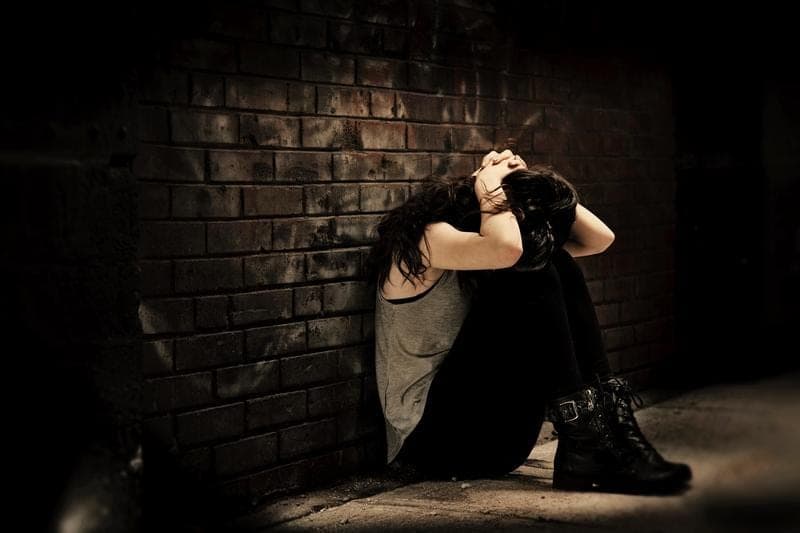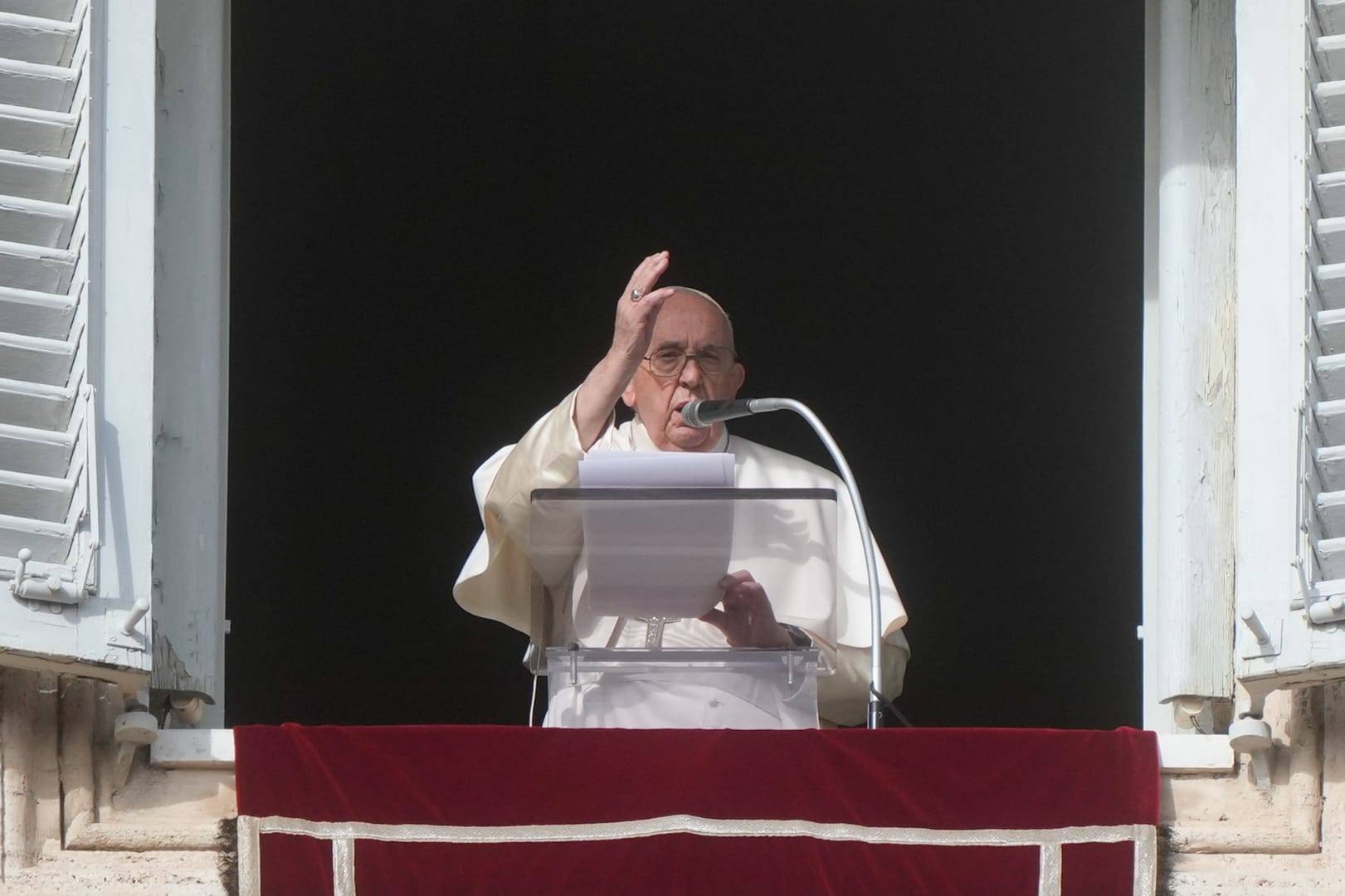MUMBAI, India – Poor rural women and girls around the world have been victimized by human traffickers, who target their communities due to their poverty and lack of social services.
A seminar to discuss tackling this problem was co-sponsored by the Vatican’s mission to the United Nations in New York on March 13 in New York.
“Rural women and girls are especially vulnerable to being ensnared by traffickers because they regularly lack access to adequate schooling and health, and are often marginalized, stigmatized and isolated due to poverty, unemployment and the lack of rural infrastructure,” said Archbishop Bernardito Auza, the Vatican representative to the United Nations.
“Rural girls and women are especially vulnerable to the lies of traffickers who promise them good work, good food, and education in the big cities. Rural girls are also vulnerable simply to running away to the cities believing that that is a way to improve their lives; such girls, however, often find themselves floundering in the unknown environment and very easy prey to traffickers,” he said.
Auza highlighted in a special way the work being done by “heroic religious sisters” in rural areas all over the world “who, far from the limelight, are going to the existential peripheries to care for the wounds that often don’t come adequately to the attention of the rest of the world.”
RELATED: Work of religious sisters against trafficking “nothing short of miraculous,” expert says
Franciscan Missionaries of Mary Sister Annie Jesus Mary Louis works in rural tribal areas of India, whose people are especially vulnerable to exploitation.
Since 2010, she has been running projects aimed at preventing, rescuing, and accompanying people at risk of trafficking, and has been able to rescue more than 100 women and girls from various cities and help them back into their home communities.
“Sexual exploitation is big business. It is governed by exactly the same principles as any commercial activity: Supply and demand,” she told the meeting.
The nun works in a rural area in the central state of Chattisgarh, and said the people she serves are very poor, with little education, sanitation, or health care.
“Traffickers know all of this. They know that the parents of children in my area are easily deceived, and sometimes so desperate that they willingly sell their own children,” she said during her presentation.
“These traffickers use age old means of deception to draw women and girls away from their homes. They often promise opportunities in cities. Sometimes they dress up their evil in benevolence, pretending to offer education in return for work or money,” the nun said.
“I am here to say simply that these women and girls did not wake up one day and decide to move to the city to enter prostitution,” she continued.
“Let us stop pretending that these girls came out of a vacuum. Let us stop pretending that that there isn’t a clear and acknowledged supply chain of exploitation. These girls came from somewhere. And we know where. For many of these girls, that somewhere is a rural community, like mine in India. And not enough is being done to prevent them from being taken.”
Luke de Pulford, Director of Arise Foundation, told Crux the nun’s testimony was a “rallying cry” to tackle the issue.
The Arise Foundation is a New York and London-based NGO helping to support grass-roots anti-slavery networks and co-sponsored the March 13 event.
“Unusually, religious sisters were given due prominence and the breadth of their expertise and experience was on full display,” de Pulford said.
“I got the strong impression that there is a renewed appreciation for the unique work of religious life. For too long secular NGOs and some governments have viewed the work of sisters with suspicion – as if they are some kind of proselytizing force, not to be trusted,” he told Crux after the event.
RELATED: Pope’s anti-trafficking group a matchmaker between cops and the Church
Pope Francis has said the work of religious sisters in combatting human trafficking is vial, noting they “work in very difficult situations, dominated at times by violence, as they work to break the invisible chains binding victims to traffickers and exploiters.”
Since 2014, the pontiff has sponsored efforts to help religious sisters work with police forces to help trafficked women and prosecute their traffickers.
This is known as the Santa Marta Group, named for the Vatican residence where the pope lives.
The International Labor Organization estimates that human trafficking generates roughly $32 billion a year in profits and claims roughly 40 million victims.

















